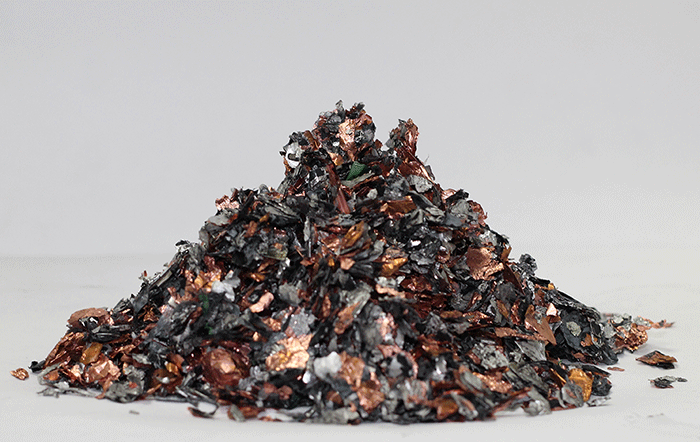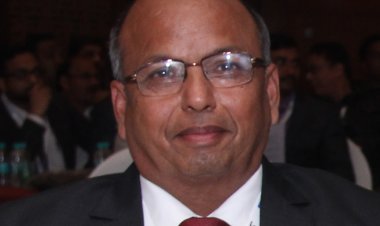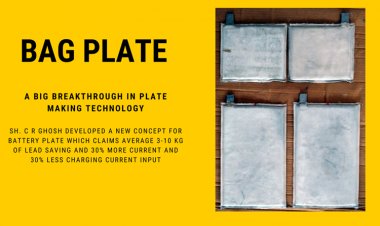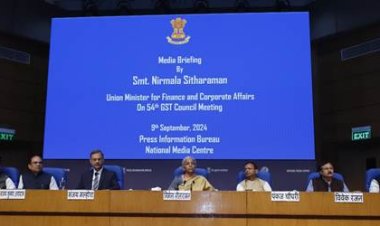India will soon have First Ever Lithium Refinery
With lithium demand gaining steam globally, India is on course to get its first-ever lithium refinery. Gujarat is set to play host to the plant for the pertinent advantages it is said to offer.

In May last year, power trading company Manikaran Power Limited had announced the launch of a feasibility study, with the help of Australia’s Neometals Limited, to look into setting up a lithium hydroxide refinery in India. Under consideration was a plant with a nameplate capacity of 20,000 tonnes per annum, lithium carbonate equivalent.
In the announcement, Manikaran Power’s director, Jasmeet Singh Kalsi, had said that the proposed lithium refinery would help develop domestic manufacturing capabilities for lithium-ion batteries and, in turn, strengthen India’s push for electric-vehicle manufacturing.
Over nine months later, is Manikaran Power excited at the prospect of local lithium deposits?
Speaking to Swarajya, Sandeep Das, deputy general manager for business development at Manikaran Power, said, “While it is indeed heartening to know that India has discovered some lithium reserves, the overall development timeline for mining projects is quite high and might not match with our project timelines. We already have a long-term supply understanding with our Australian partners, Neometals Ltd, which is a leading miner based out of Western Australia.”
Manikaran Power’s lithium project involves producing high-purity battery-grade lithium hydroxide, which requires a certain grade of spodumene (an important ore of high-purity lithium).
The power trading company has chosen Gujarat to set up its lithium refinery. Das explains that the state offers pertinent advantages like the availability of chemical reagents, gas, good port and road connectivity, and availability of basic infrastructure critical for the project’s operation.
He adds that Gujarat seems to be a front-runner to have a vibrant electric vehicle/battery ecosystem in the country.
“Currently, India relies entirely for its lithium raw material requirement on China and a few other countries. Our upcoming project would certainly be of strategic importance and would help India to reduce its import dependence,” Das says.
Manikaran Power is yet to settle on a location in Gujarat to set up its plant, but Mundra is among the places under consideration.
The company will disclose the location after due diligence and the conclusion of its feasibility study.
They have also reached out to central and state government agencies for specific support, such as to do with capital subsidies, duty exemptions on imported materials, and tax breaks, in pursuit of parity with other global lithium processors.
The short and medium-term forecasts for overall lithium demand are set to outstrip supply in the next five years, Das tells Swarajya.
“As global adoption of EV (electric vehicles) is expected to grow, demand for lithium batteries will double every five years to reach 0.9 million by 2025 and 2.2 million tonnes by 2030 of lithium carbonate equivalent,” he says.
India will benefit greatly by providing a local response to this increasing demand globally.
Reporting by Nishtha Anushree.
courtsy Swarajya

































